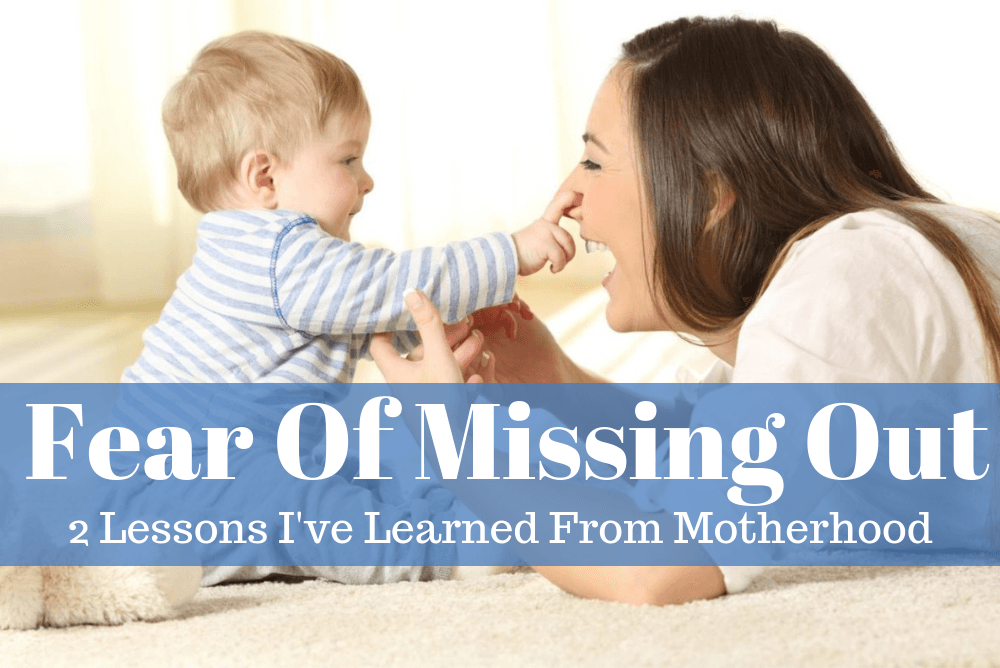101 Ways to Cope with Anxiety and Depression

Clients suffering with anxiety and depression feel really stuck. They feel like they are in a bottomless pit and have no way to get out. I (Vincent) ask them what they can do to help themselves, and they have no reply. So I bring out my big white board (it is about 52″ wide and…




